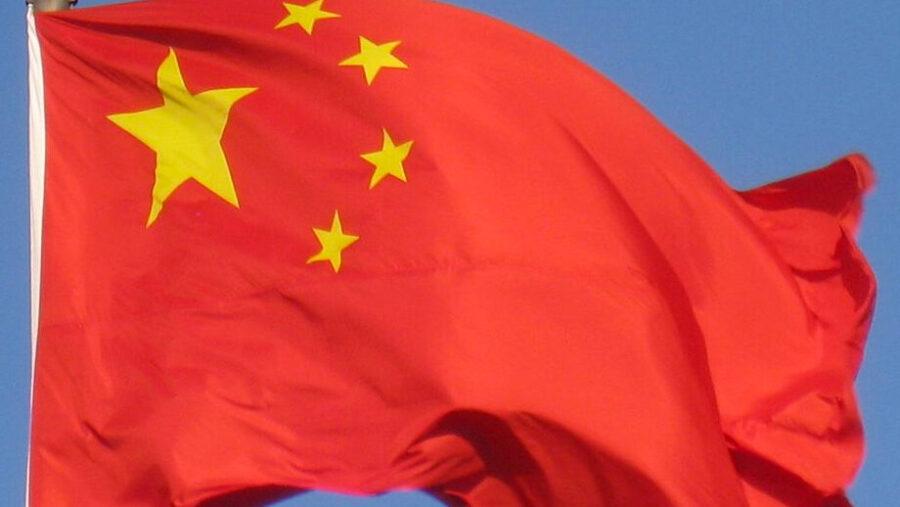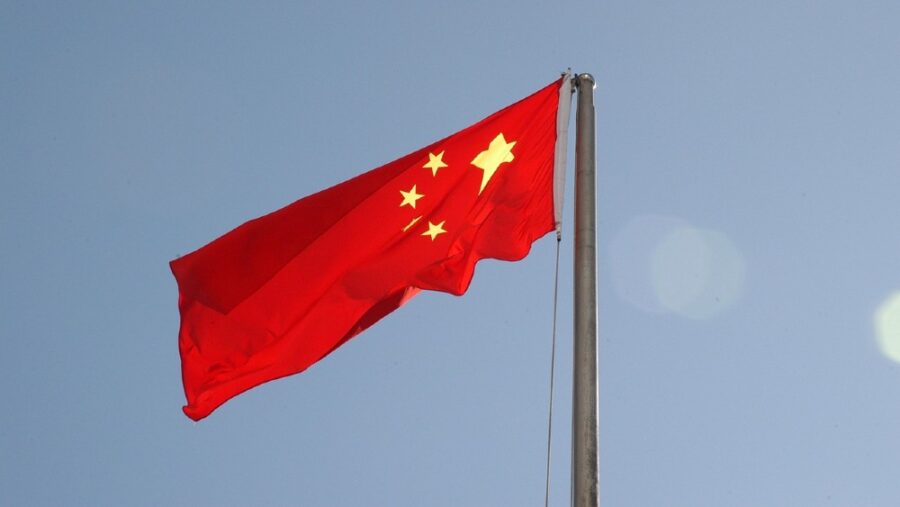Warner Bros. Collaborates With China Propaganda Team And Draws Backlash

In an effort to whitewash the Chinese government’s oppressive actions against Uyghurs in Xinjiang, Warner Bros. Discovery affiliate the Discovery Channel was recently revealed to have partnered with government propaganda machine’s news outlet CGTN for Warner Bros. China.
The move by the U.S.-based multi-media company has triggered a good amount of ire from officials in Washington, including a number of Congressmen who are demanding answers. Six members of the U.S. House of Representatives penned a letter to David Zaslav, the CEO of Warner Bros. Discovery in hope of an explanation.
The human rights abuses in China against minority groups have long been scrutinized, but the actions by Warner Bros. China is the first time a major United States company has been involved in the propaganda that is attempting to erase it.
Jim Banks, who hails from Indiana’s third Congressional District, is leading the effort. As both the Biden and Trump administrations have labeled China’s actions against the Uyghurs and some minority Turks in Xinjiang a genocide, Congressional leaders seem to be aghast that such a prominent U.S. company would facilitate propaganda that minimizes Chinese actions against minority groups.

The human rights abuses in China against minority groups have long been scrutinized, but the actions by Warner Bros. China is the first time a major United States company has been involved in the propaganda that is attempting to erase it.
Rather than mention atrocities committed against the Uyghurs, the series openly perpetuates the Chinese government’s line of how this ethnic group is free to worship as they please and often fill the streets of Xinjiang with dancers.
At the center of the controversy is a five-part series titled The World’s Ultimate Frontier, consisting of 30-minute episodes that are a joint effort between Warner Bros. China and CGTN. Three hosts alternate narratives that take viewers around Xinjiang, making zero mention of the internment camps, forced labor, or abundance of surveillance cameras that would be at home in the book 1984.
Rather than mention atrocities committed against the Uyghurs, the series openly perpetuates the Chinese government’s line of how this ethnic group is free to worship as they please and often fill the streets of Xinjiang with dancers.
Despite the pressure from the international community, however, there doesn’t appear to be an end in sight for these atrocities and Warner Bros. China didn’t seem too keen on reporting them.
One Warner Bros. China episode featured a textile mill that employed many Uyghurs, but without any mention of the international community’s outrage about the forced labor that occurs in these facilities. Another episode highlighted a religious celebration in front of the Id Kah Mosque, giving viewers the impression that Uyghur customs and culture are alive and thriving in Xinjiang. But investigative journalism has exposed the Chinese government’s shuttering of mosques and the prohibition of public religious practices among the Muslim Uyghurs.
In late 2021, an independent tribunal in Britain ruled that the forced use of birth control and involuntary sterilization of Uyghurs by the Chinese government gave them all the reason to determine that China was, indeed, committing genocide against the ethnic group.
Along with these human rights violations, China is also accused of forced labor practices. Despite the pressure from the international community, however, there doesn’t appear to be an end in sight for these atrocities and Warner Bros. China didn’t seem too keen on reporting them.
The Uyghurs are a Turkish ethnic group that migrated to Mongolia and part of China from Central Asia. While the history of the Uyghurs in the Xinjiang province is disputed among historians, what is a matter of record is the internment of nearly one million Chinese of Uyghur ancestry. It’s alleged that in these camps, the Uyghurs are subjected to torture, sexual abuse, and religious restrictions, along with family separation.
Source: The National Review












